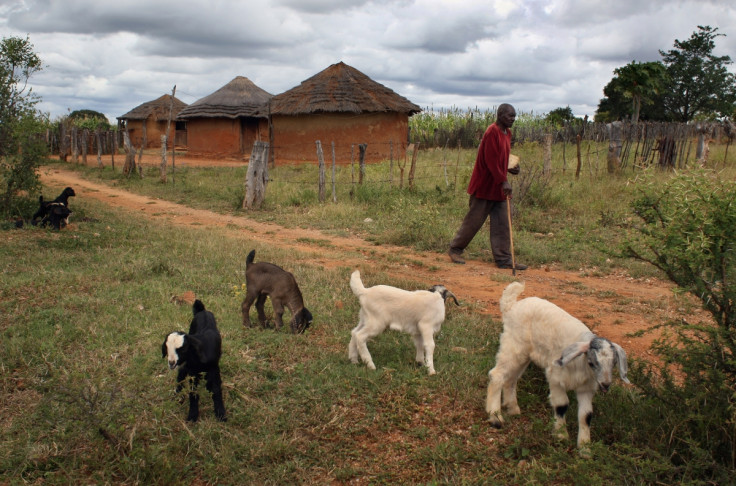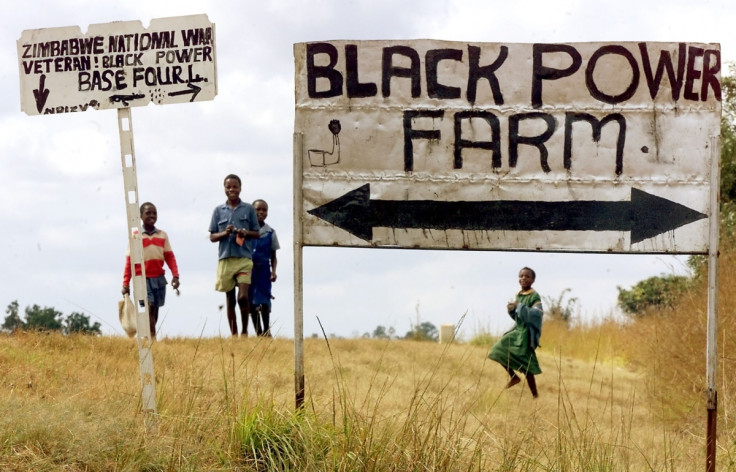Will Zimbabwe President Mugabe compensate farm owners after decades of land grabs?
The compensation programme has yet to be agreed.

After decades of anti-Western rhetoric, Zimbabwe President Robert Mugabe is showing signs of mellowing. Faced with economic wobbles in his drought-stricken nation, the 92-year-old has been warming to the West, and on 16 March he agreed to major reforms that were interpreted by some observers as an incentive to end cash-strapped Zimbabwe's isolation by the West.
One of these measures was the introduction of a special fund to pay compensation to 4,800 white and many black owners of between nine and 11 million hectares of land that were seized during Mugabe's controversial 2000 land reform programme.
The government and farmers are yet to reach an agreement on how much the land compensation plan will be worth.
On Thursday (31 March), meanwhile, Finance Minister Patrick Chinamasa acknowledged Mugabe's government had no funds to compensate the evicted white farmers, and that the process would take considerable time to settle. Chinamasa said Harare was considering a land levy tax imposed on black farmers who benefited from the seizures to contribute towards a fund.

"And of course it means that, in that respect, we have to start talking about (the issuance of) treasury bills as well," Chinamasa told the audience, according to Reuters.
While money raised would first go to aged white farmers while younger ones would be paid over time, new farm occupants who are described as having had few farming skills when they were relocated, said they were struggling to earn a living, and therefore would be unable to pay an extra tax.
In the aftermath of the nation's independence, some 4 million hectares of commercial land was acquired by the state which used funds provided by the international community, but it soon emerged that the land was not being settled properly and was in fact handed over to individuals linked to the political elite.
The international community suspended its funding, and despite UN promises of a land acquisition agreement, no further land reform was carried out.
Two decades later, however, Harare launched its so-called "fast track programme". Starting in 2000 and stretching over a 15-year period, the government forcibly evicted some 4,800 white farmers and many black commercial farmers from their land. An estimated 7 million hectares were seized.

© Copyright IBTimes 2025. All rights reserved.






















